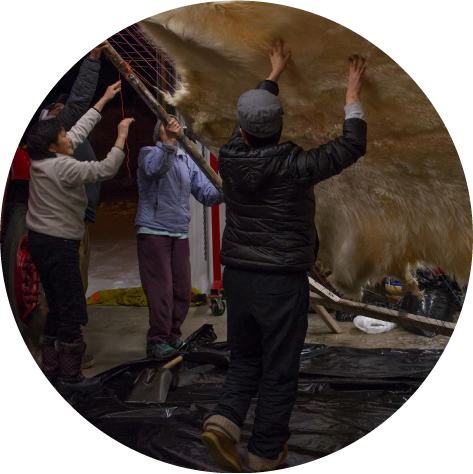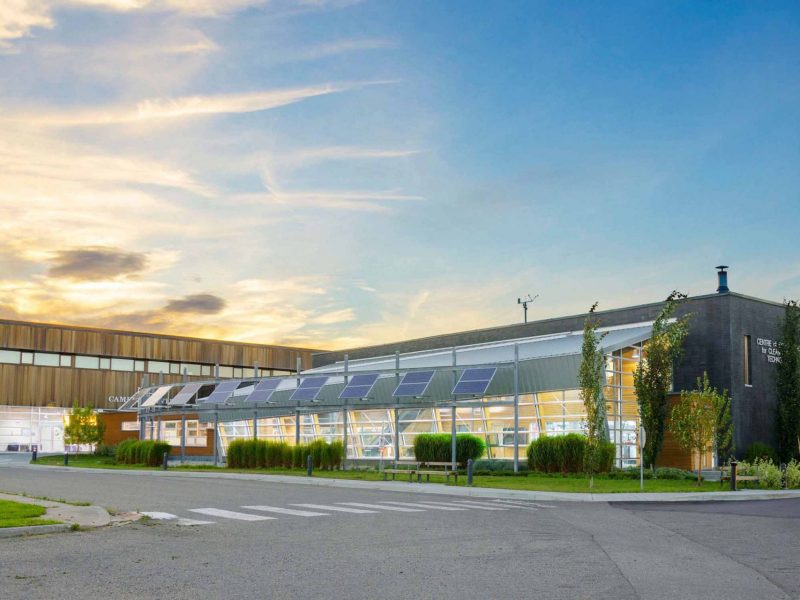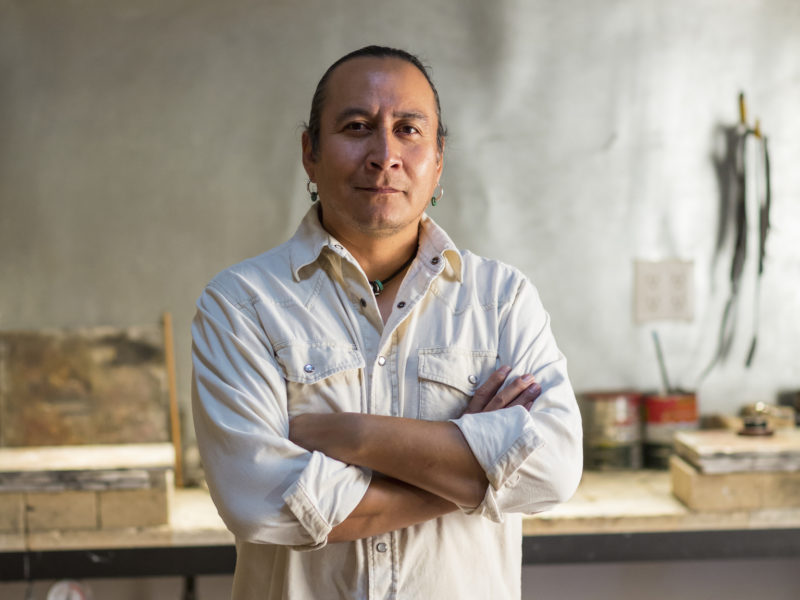Focus on Indigenous initiatives and partnerships
Centering Indigenous Autonomy for Sustainable Economic Development
First Nations, Metis and Inuit people as well as Indigenous-led organizations, overall, continue to face deep inequality and a range of obstacles when it comes to accessing economic and social resources, building structural capacity and achieving economies of scale. These challenges are not only the result of structural barriers and higher costs associated with operating in remote and geographically dispersed regions but also from long standing underfunding, discrimination and legacies of colonialism.
At the same time, Indigenous leadership has achieved significant progress in education and training. Principles of Truth and Reconciliation are starting to influence how non-Indigenous governments, educational institutions, and businesses work with Indigenous communities. Post-secondary institutions are also at various stages of rethinking programs incorporating Indigenous knowledge systems and recognizing the needs of Indigenous learners.
In the ongoing effort to achieve an inclusive skill ecosystem, organizations must cede to the leadership of Indigenous institutions and communities and adjust their approach developing programs and solutions based on the self-defined needs of Indigenous people and communities that complements Indigenous cultural norms and values, and also helps bridge the digital divide facing Indigenous and Northern populations.
How has the pandemic affected Indigenous workers? Watch our interview with Kory Wilson
Why It Matters
We recognize the need to develop a more robust and equitable labour market to ensure everyone can thrive and participate in our shared prosperity. Working with Indigenous partners, we support Indigenous-led innovations that identify and measure practical approaches to skills training to learn what works.
We have over 40% of projects that support and serve Indigenous skills development. Some of our support for Indigenous skills development has been nested within the organization’s Northern Skills Strategy which prioritizes ‘by the North for the North’ ideas and solutions. We focus on trust and partnerships that follow the lead of Northern leaders and raise up the work already in action by Indigenous groups. The current phase of our work focuses on learning how we can contribute meaningfully to systems infrastructure that supports small-medium-sized enterprises and Northern entrepreneurships, forming partnerships with regional intermediary organizations.
We commit to an inclusive approach that centres Indigenous values, ways of learning and autonomy to equip everyone with the skills they need to thrive in broader society and in a changing economy.

Tech Training in Northern Manitoba

Reconciliation Demands Closing the Indigenous Labour Gap

How Inuit Skills Can Strengthen Northern Economies
Key Insights
350,000 Indigenous youth across Canada will come of age by 2026 and have the potential to boost the economy by $27.7 billion annually.
There has been a rise of Indigenous-controlled financial institutions and associations for Indigenous professionals, which could translate to $6.9 billion in income earned by the Indigenous workforce across Canada.
In 2017, about a quarter of Inuit over age 15 were engaged in the arts and crafts economy. This accounts for over 2,700 full-time equivalent jobs and more than $87.2 million in GDP. This sector has the potential to empower Inuit knowledge, craftsmanship, and ingenuity by building on the skills that have sustained Inuit culture for millennia.




